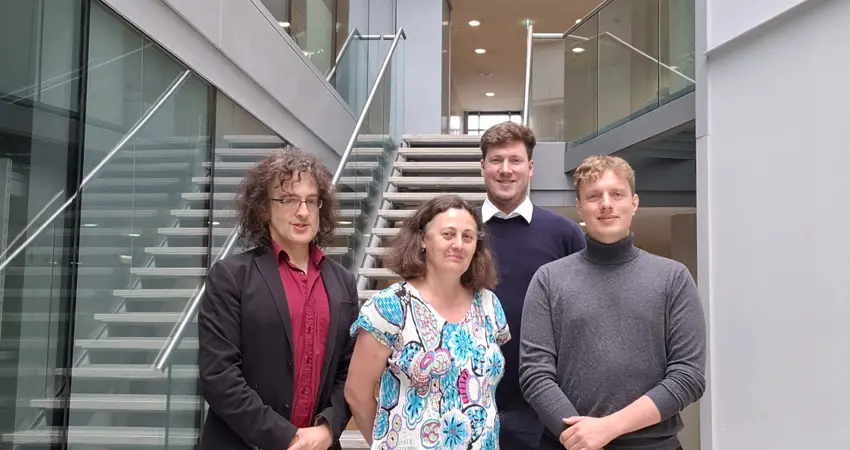13 Nov 2024
Oxford Engineers Secure Prestigious OpenAI Grant for AI research
Grants are designed to support and stimulate technical research focused on the alignment and safety of superhuman AI systems

The Department of Engineering Science has won a highly competitive OpenAI Superalignment Fast Grant. With an acceptance rate below 2%, this achievement underscores the department's cutting-edge AI research.
OpenAI introduced the $10M Superalignment Fast Grants programme last year in partnership with Eric Schmidt, the former Google CEO. The grants, ranging from $100K to $2M, are available to academic labs, nonprofits, and individual researchers, and are designed to support and stimulate technical research focused on the alignment and safety of superhuman AI systems.
Superalignment is a new research discipline which aims to develop methods that can keep AI systems “aligned”, i.e. ensure they respect human preferences, even if these AI systems have superhuman capabilities. The Engineering research team, with collaborators from Oxford’s Department of Computer Science, will be employing techniques from the growing field of mechanistic interpretability, which sheds light on large language models’s internal reasoning.
Principal Investigator for the project Professor Philip Torr, Royal Academy of Engineering Research Chair in Computer Vision and Machine Learning, says, "This ultracompetitive grant is a testament to the innovative work being done in our department, and contributes to the groundbreaking AI Safety efforts in the Torr Vision Group. I'm proud of the team's achievement and look forward to the groundbreaking research it will enable."
The grant will fund DPhil Student’s Constantin Venhoff's innovative research agenda, which formed the core of the proposal. He says, "I'm honored that my research agenda has received this support. I'm grateful for Prof. Torr’s and Dr. Schroeder de Witt's mentorship and excited to pursue this work for my DPhil."
Co-PI Dr. Christian Schroeder de Witt, who will supervise Constantin’s DPhil alongside Professor Torr, adds, "Supervising this grant application was an exciting process. Constantin's ideas are truly innovative, and I'm thrilled to guide this research as we push the boundaries of AI superalignment and mechanistic interpretability."
Professor Ani Calinescu works in AI and Machine Learning at the Department of Computer Science, and will be part of the research team. She says, "This interdisciplinary collaboration showcases the strength of Oxford's research community. I'm excited to contribute to this important work on AI superalignment and collaborate with Constantin and team in the future."




